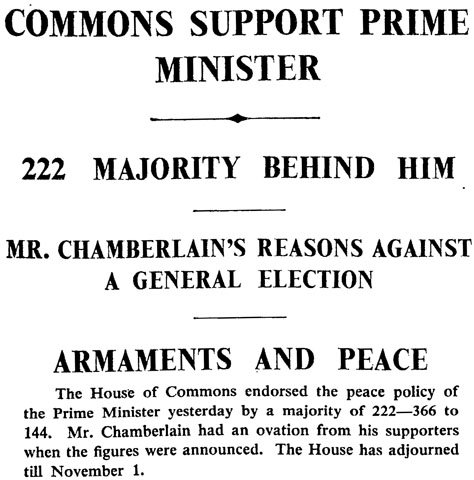
After four days of debate, the House of Commons has voted on the government’s policy during the Sudeten crisis in general, and on the Munich agreement in particular (The Times, p. 14). The vote was won by 366 to 144, a majority of 222. The Times calls this ‘a conclusive vindication of the Prime Minister’, who was afterwards cheered by MPs. The majority is well above normal, despite abstentions from some Conservative MPs; even the terms of Labour’s dissent showed ‘unusual mildness’ according to the leading article in The Times (p. 15). On the other hand, the equivalent article in the Manchester Guardian says (p. 10) that the speeches in the debate ‘reflected all the bewilderment of the people’ and ‘the voting is not to be taken as any indication of how that feeling runs’ (meaning the ‘national feeling’). The ovation for the prime minister was not given by ‘a confident majority’, and ‘there was no real happiness about the process by which peace has been preserved’. So who’s right?
In response to a question, Chamberlain reaffirmed a previous pledge not to introduce conscription during peacetime (Manchester Guardian, p. 5), and rejected the idea of a snap election. He also said that ‘Peace for our time […] was a hope, not a pledge’, and so did not contradict the pressing need for increasing Britain’s military strength (The Times, p. 14). War was now a very different thing than in 1914:
When war starts to-day, in the very first hour, before any professional soldier or sailor or airman has been touched, it will strike the workman, the clerk, the man in the street or in the bus, his wife and children in their homes […] People running underground, trying to escape from poison gas, knowing that at any hour of the day or night death or mutilation was ready to come upon them […]
He felt that he could not put the British people in this position over a cause which did not ‘transcend ordinary human values’, and the Sudetenland was not such a cause (Daily Mail, p. 8).
An international commission has met in Berlin to flesh out the Munich agreement. The Czechoslovakian government has protested its decision on the borders of the next area to be ceded to Germany, which includes many areas which have almost entirely Czech populations. Some 800,000 ethnic Czechs will come under German rule on Monday; but the Czech government has decided there is nothing that it can do about it, aside from protesting (Manchester Guardian, p. 6). Slovakia has been given a far-reaching autonomy, but one which falls short of independence (which seemed likely earlier in the week). The Hungarian ultimatum expired yesterday, but the Czechs say they can’t respond to it due to the change in foreign ministers. However:
There was quite serious fighting yesterday between Hungarian troops and the Czechs.
On 28 September, the height of the crisis, the Post Office’s Central Telegraph Office handled 403,831 telegrams, well over double the normal number (Manchester Guardian, p. 5).
The Short-Mayo composite aircraft has finally taken off on its non-stop flight from Dundee to Capetown, after many delays due to weather and the crisis (Manchester Guardian, p. 11). The composite took off from the Tay at 1pm yesterday, and the upper component, Mercury, separated from the lower, Maia, 20 minutes later. At last report it was near the border between Algeria and Tunis. It is hoped that it will break the non-stop distance record, currently held by the Soviet Union (6305 miles, Moscow to California).
![]() This work is licensed under a Creative Commons Attribution-NonCommercial-NoDerivatives 4.0 International License.
Permissions beyond the scope of this license may be available at http://airminded.org/copyright/.
This work is licensed under a Creative Commons Attribution-NonCommercial-NoDerivatives 4.0 International License.
Permissions beyond the scope of this license may be available at http://airminded.org/copyright/.


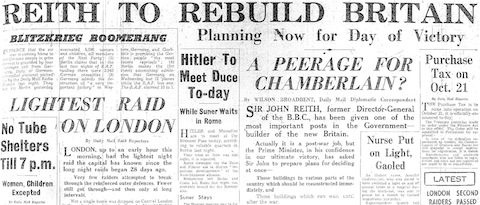
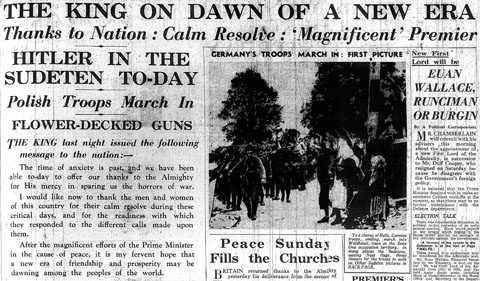
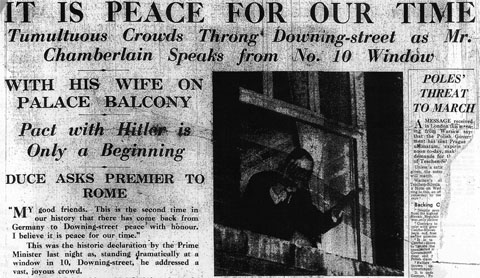
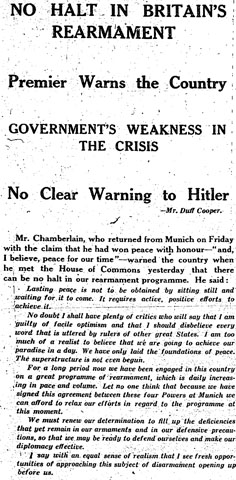
I’m glad to hear about Mercury, at least. That’s assuming that Don Bennett was the pilot who was stood down – I’d hate to have been the poor sod [ever] given the job to tell him that he couldn’t go.
Again, though: skirmishes on the Czech-Hungarian border. Wow – this is all news to me, and it shouldn’t be. We need a _military_ history of all the ‘disorder’, incidents, provocations, and low-intensity conflict in interwar Europe. One interesting point of comparison would be the conflict in Silesia in 192x after the plebiscite there, which IIRC led to shootings of/by the British occupation forces.
Can we stick with the British Legion, as well? Again, this is immensely interesting to me, especially since they are filling a role that after WW2 would be given to a UN peacekeeping force, to a supranational body like the OSCE, or to a few hundred hastily-drafted British police.
Bennett was the pilot on this flight, presumably on the others too.
Re the skirmishes — I know! It was a surprise to me too. I think a military history on those lines would be very interesting, as would one of interwar peacekeeping and plebiscites etc generally. Maybe somebody has done it. On the British Legion, well there’s only one day of Sudeten post-blogging to go, but I’ll keep my eye out! Again, something I’d never heard of before I looked at these newspapers.
Dear Dorothy,
Oh dear. I feel like I’m becoming a member of the Cliveden Set.
Except without the wealth, power, genetic aristocratic inbred stupidity etc..
This appeasement business makes sense does it not? If just to buy time?
Please help me.
Yours,
CK Mitford
PS: Plus, Brett, you’re doing a PhD. I don’t expect answers, but some perspective from YPOV on the appeasement question would be nice.